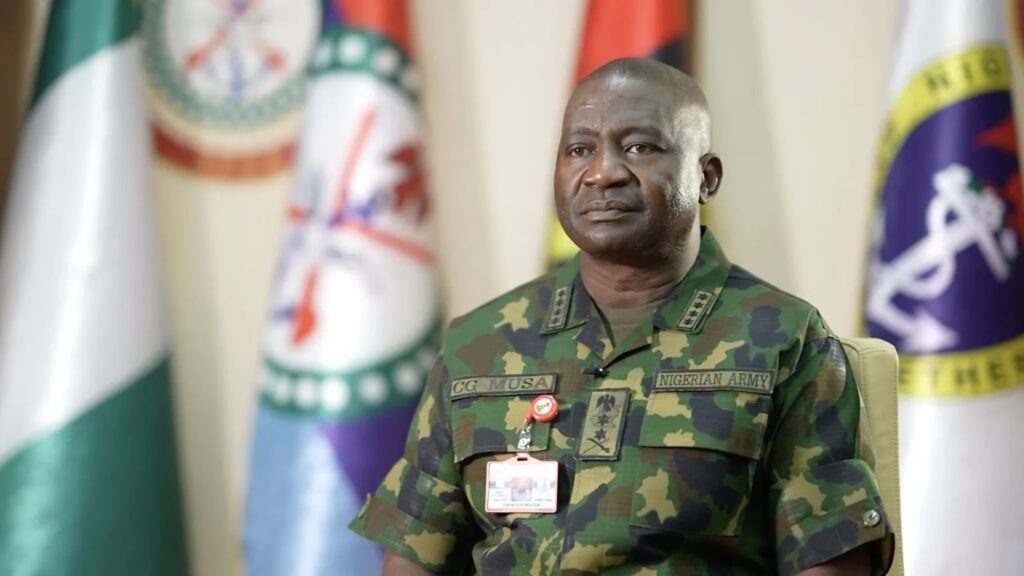A recent call by Nigeria’s Chief of Defence Staff (CDS), General Christopher Musa, to fence the country’s borders with its four neighbouring states has sparked debate among security experts and former military officers.
At a security conference in Abuja, General Musa urged the government to consider fencing Nigeria’s borders as a critical step towards curbing the escalating menace of cross-border criminals, terrorists, and armed insurgents.
Citing successful precedents like Pakistan’s fence with Afghanistan and Saudi Arabia’s barrier with Iraq, Musa described effective border management as indispensable in Nigeria’s ongoing fight against insecurity.
The nation has battled a 16-year insurgency led by Boko Haram and its offshoot, ISWAP, mainly in the North-East. More recently, violent attacks by Lakurawa militants and armed herders have spread insecurity to the North-West and Middle-Belt regions.
While Musa’s suggestion marks a significant shift in public security discourse, opinions remain sharply divided.
Brigadier General Idada Ikponmwen (rtd), former Provost Marshal of the Nigerian Army and security strategist, hailed the fencing proposal as an urgent necessity.
He acknowledged the cost challenges but insisted that Nigeria could afford the project if corruption is curbed and resources judiciously managed.
“The problem of border porosity has been identified for years but left unaddressed. This administration’s willingness to publicly acknowledge and tackle it is encouraging,” Ikponmwen said.
He called for political will to translate the idea into action.
Conversely, Dr. Joseph Ifedimma, Director of the Africa Counterterrorism and Security Academy, UK, opposed the fencing plan, citing Nigeria’s complex geography and deep regional ties with neighbouring countries as major obstacles.
“You cannot fence Nigeria’s borders given the terrain and cultural links across West Africa. It would be a costly waste and could fuel corruption,” Ifedimma argued.
He emphasized the need for regional cooperation and intelligence-driven counterterrorism efforts rather than physical barriers.
Dr. Ifedimma also advocated for enhanced security architecture, including a Presidential Weekly Briefing on terrorism and increased legislative oversight, modeled after the U.S. approach to Al Qaeda.
Adding to the discourse, Brigadier General John Sunday Sura (rtd) underscored that fencing alone would be insufficient. Speaking from Jos, he recommended integrating drone surveillance, electrification, human patrols, and a central command centre to monitor and respond to border incursions effectively.
“Fencing might delay terrorists but cannot stop them outright unless backed by technology and manpower on the ground,” Gen. Sura said.
Do you want to share a story with us? Do you want to advertise with us? Do you need publicity for a product, service, or event? Contact us on WhatsApp +2348183319097 Email: platformtimes@gmail.com
We are committed to impactful investigative journalism for human interest and social justice. Your donation will help us tell more stories. Kindly donate any amount HERE




